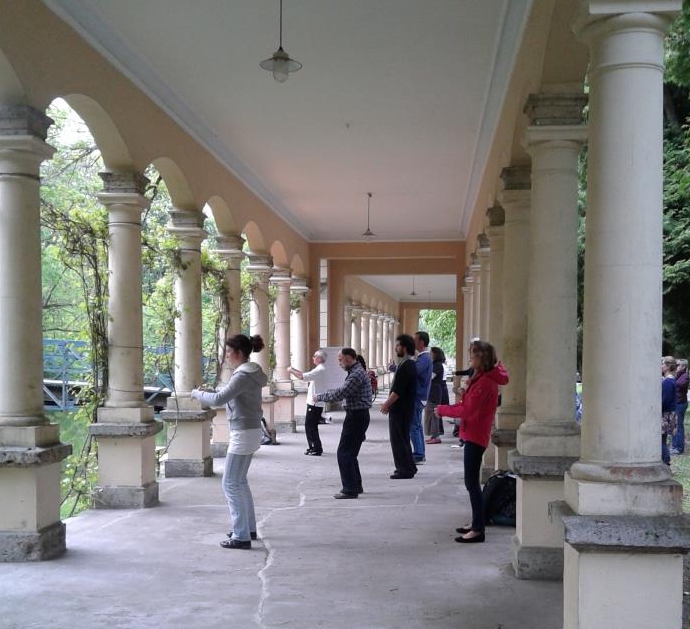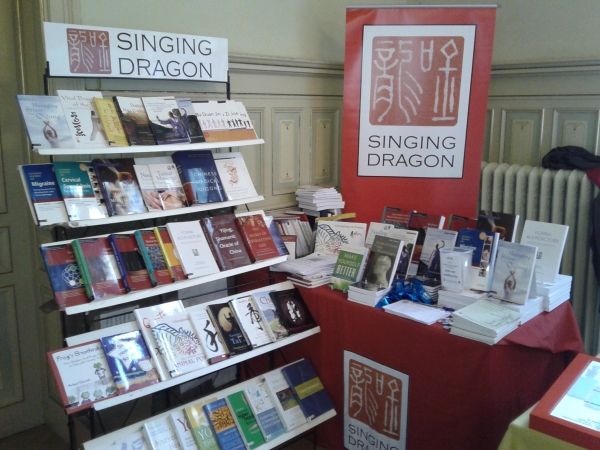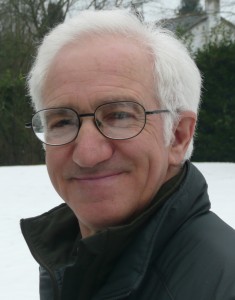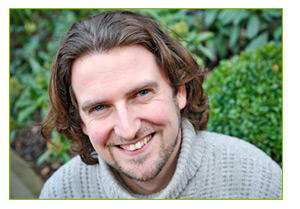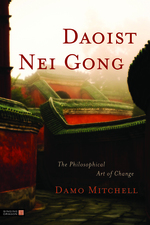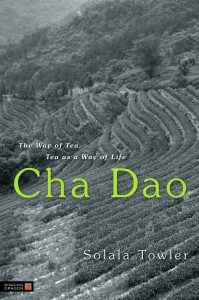No matter what cultural differences exist between people, most can agree that tea is an essential part of daily life. But for Chinese people, drinking tea is approached very differently, and has a different connotation than we are used to in the West.
First of all, most of the tea drunk in China is green tea, a much less processed tea than the standard black tea used in the West (which is often loaded with sugar and milk). Green tea has a lower amount of caffeine as well, not to mention a myriad of health benefits — preventing tooth decay, aiding in digestion as well as mental alertness. And the low amount of caffeine makes it easy on our nervous system.
Whereas Westerners tend to have a cup of tea once or twice a day, using a different tea bag each time, the Chinese drink tea all day long. Many people use cups or glass jars in which they put some tea leaves, add hot water and then keep adding more hot water throughout the day. Or they might take some time off during the day to sit and drink a cup or two of tea and converse with a neighbor or friend.
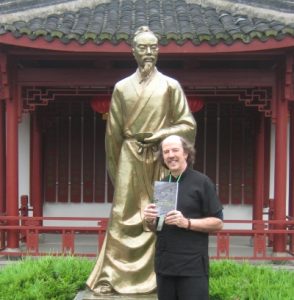
Solala in Hangzhou, China at the renowned Dragon Well Tea plantation. The statue is of Lu Yu, the famous tea master from the Tang Dynasty and subject of Chapter 3: Lu Meets a Real Tea Master, in Cha Dao.
In China there are also true tea connoisseurs who collect rare and expensive teas from around the country and have tea gatherings where they drink tea and converse on lofty subjects with a select group of fellow tea lovers. Different parts of China grow different teas and certain areas are even famous for their teas, such as Hangzhou, where the famous Dragon Well (Lung Jing) tea is grown. The western province of Schezuan is also a famous tea growing area.
And then there are the Daoist practitioners who follow a Way of Tea (Cha Dao) as a spiritual practice. To Daoists, drinking tea is not merely imbibing a cup of hot water with some tea leaves floating in it. It is a way to use tea as a doorway into how to live each moment of our lives, of how we approach the very substance of our souls, as well as the ongoing evolution of our spirit. It is part of how we find our place within the every-changing, ever-shifting universe, what the ancient Chinese called Dao.
Almost all Daoist practices, from tai chi or qigong movement to sexual practices, involve slowing down and being with the present eternal moment. Going slowly is the key to being a healthy person. By rushing around, guzzling high caffeine drinks all day, Westerners leave little time to enjoy and connect with the moment.
In the Way of Tea we begin each day in as slow and harmonious a fashion as possible. Tea Mind means brewing and drinking tea in a slow and unhurried manner. If you are someone who has to be up and out the door in as short a time as possible, this can be very challenging. But really, it takes only a few minutes to make tea. Even if you give yourself only 15-20 minutes to make and drink your tea you can still achieve a period of calmness and serenity as you do so.
Is that not a great way to start your day?
Solala Towler is an instructor of Daoist meditation and of several styles of Qigong. He has studied the Daoist arts for over 20 years, and has led many tours to China to visit the sacred mountains and temples of Daoism. He is a former president of the National Qigong Association in the USA, and is the editor of The Empty Vessel: The Journal of Daoist Philosophy and Practice.
Visit www.abodetao.com for more info.
